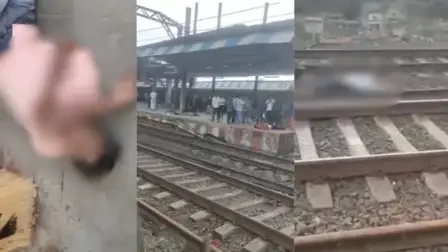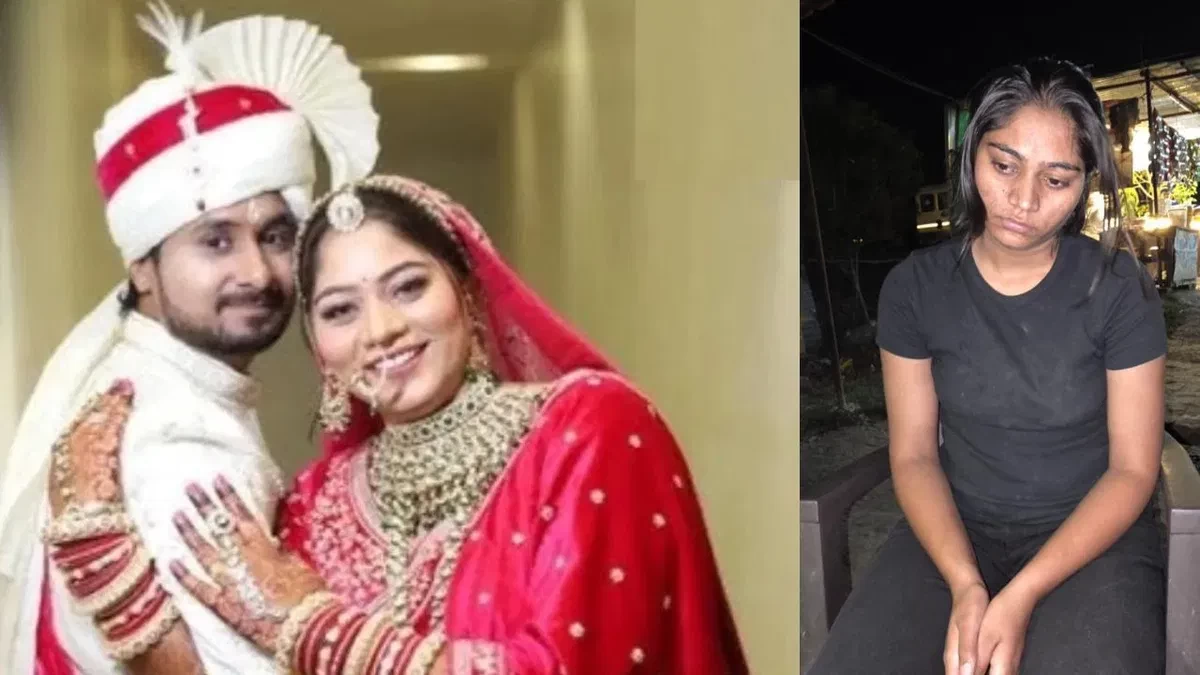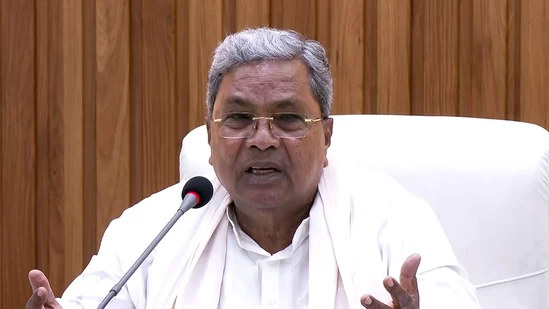Latest Updates
N Biren Singh Apologises for Manipur Violence & Urges Forgiveness, As Opposition Criticizes BJP's Handling of crisis
.webp)
Nineteen months after ethnic violence broke out in Manipur on May 3, 2023, leading to the loss of over 200 lives and displacing more than 70,000 people, Chief Minister N Biren Singh has sought an official apology from the people of the state. In a rare and emotional statement, Singh expressed regret over the continuing unrest and urged for forgiveness and reconciliation among the various communities, particularly the Meiteis and Kukis, who have been at the center of the violence.
The Chief Minister's remarks come amid a backdrop of deep ethnic divisions and continuing instability in the state, which has seen sporadic flare-ups between the Meitei and Kuki communities, both of whom have suffered significant casualties and displacement. Singh’s apology is the first of its kind from the state’s leadership since the violence erupted, underscoring the gravity of the situation.
An Apology for 19 months of Unrest:
"This entire year has been very unfortunate. I do regret and I want to say sorry to the people of the state for what is happening till today, since last May 3. Many people lost their loved ones. Many people left their homes. I really do regret. I would like to apologise… Now, I hope after seeing the last 3-4 months' progress towards peace, I hope that with the New Year 2025, normalcy and peace will be restored in the state”, said Biren Singh, stressing on the hardships faced by the people of Manipur.
He further appealed for collective healing, saying, "I want to appeal to all the communities of the state that whatever happened has happened. We now have to forget past mistakes and have to start a new life. A peaceful Manipur, a prosperous Manipur, we should all live together."
The violence, triggered by ethnic tensions between the Meitei community — which has a significant presence in the valley areas — and the Kuki community, primarily residing in the hilly regions — has caused immeasurable human suffering. Homes have been burnt, families torn apart, and entire villages have been uprooted.
Political Fallout: Congress Hits Back
Singh’s apology, however, has not been without controversy. The opposition Congress party has sharply criticized the ruling Bharatiya Janata Party (BJP) and accused the central government of failing to address the crisis adequately. Jairam Ramesh, General Secretary of the Congress, questioned Prime Minister Narendra Modi’s silence on the issue and his failure to visit Manipur, despite being in power for over a year after the violence broke out.
"Why can't the Prime Minister go to Manipur and say the same thing there? He has deliberately avoided visiting the state since May 4th, 2023, even as he jets around the country and the world. The people of Manipur simply cannot understand this neglect," said Ramesh
Biren Singh’s Counterattack:
In response to the Congress’s remarks, Chief Minister Biren Singh swiftly fired back, shifting the blame to the Congress party’s historical role in the state’s turmoil. Singh accused the Congress of perpetuating the instability in Manipur, referencing past decisions made by the party that, according to him, laid the groundwork for the violence that erupted in May 2023. Specifically, Singh pointed to the settlement of Burmese refugees in the state and the signing of the Suspension of Operations (SoO) agreement with Myanmar-based militants, which was initiated during P. Chidambaram's tenure as Home Minister.
"Everyone, including yourself, is aware that Manipur is in turmoil today because of the past sins committed by the Congress, such as the repeated settlement of Burmese refugees in Manipur and the signing of the SoO Agreement with Myanmar-based militants in the state, spearheaded by @PChidambaram_IN during his tenure as the Home Minister of India," said Singh.
He further questioned why previous Congress leaders, including former Prime Minister PV Narasimha Rao and I.K. Gujral, never visited Manipur or apologized for the ethnic clashes of the 1990s that had similarly ravaged the state.
"The Naga-Kuki clashes in Manipur resulted in the deaths of approximately 1,300 people and the displacement of thousands more. The violence persisted for several years, with periodic escalations occurring between 1992 and 1997, though the most intense period of conflict was in 1992–1993. Did Shri PV Narasimha Rao, who served as the Prime Minister of India from 1991 to 1996, come to Manipur to extend an apology?" Singh asked.
A Long History of Conflict:
The tensions between ethnic communities in Manipur have deep historical roots. The state has witnessed violent clashes in the past, notably during the Naga-Kuki clashes of the 1990s, which led to the death of approximately 1,300 people and the displacement of thousands. The Kuki-Paite clashes in 1997–98 similarly left hundreds dead. However, the current violence, which has its origins in a complex mix of political, social, and ethnic factors, has exacerbated existing fault lines and drawn the attention of both national and international observers.
Striving for Peace Amidst Division:
Despite the political sparring, Biren Singh remains cautiously optimistic that the violence may finally subside in the coming months. He pointed to the relative calm in recent months as evidence that peace was possible, stressing that the state could move forward only if all communities came together. "I hope that with the New Year 2025, normalcy and peace will be restored in the state," he reiterated in his apology.









